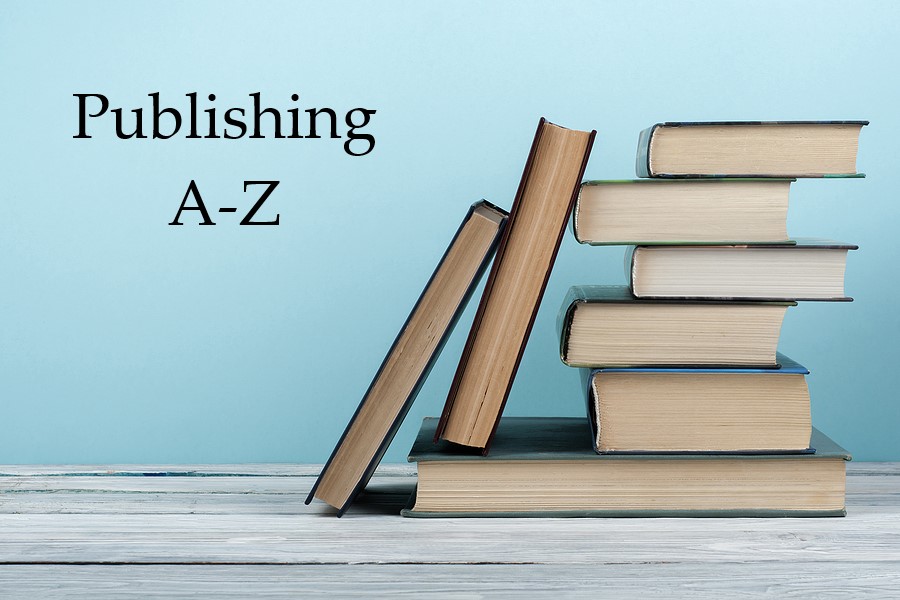Your editor can be your best friend in the industry (besides your agent, of course). Or your editor can be your worst enemy.
Bad Side First
An editor who doesn’t reply to your email inquiries or return your phone calls is either ignoring you on purpose or is so busy with other pressing matters they can’t get to yours. If you have this problem, make sure you didn’t create it in the first place by incessantly poking your editor with minor questions. It is likely many of your questions can be answered by your agent unless they are related to the specific editing of your manuscript.
An editor who does not understand what you are trying to do with your manuscript and rewrites your work to their own tastes is not a good thing and should be resisted. But be careful; the editor is rarely being nefarious or intentionally mean to you. Their job is to improve your manuscript; they may have merely misread the content. If you feel their hand is too heavy, then hold firm and gently push back. This is appropriate and not confrontational.
An editor with whom you simply don’t get along can undermine some of the in-house discussions. When I was an editor, I talked to the marketing director, who would always ask, “Do we have a future with this author?” Why? Because she had extra money designated to spend on authors we were building, and that money would help the next book from that author. If my answer to her question was “no,” then we moved on to the next author in the lineup. That “no” would come for several reasons (sales, poor writing, etc.).
The Good Side
Did the above paragraphs scare you a little? That was intentional. Understand that the “Bad Side” is rare. They make for great campfire horror stories. They do happen, but it is not the norm.
Instead, a good editor is your champion. They acquired your book, defended it against all odds in-house and are there as your partner to make your book a treasure. Often these editorial relationships last for a long time. I remember reading about a major, bestselling author (someone like Stephen King or John Grisham; I don’t remember who) who had switched to a new publishing house. It was huge news; and the journalist wondered, Why the switch? It later came out that the author’s editor had been hired by the new publisher, and the author followed. I’ve known authors and editors who have become best friends, staying at each other’s homes and even vacationing with each other’s families.
At one point in my editorial days, an author liked working with me so much he tried to get a “key man” clause written into the contract. This would mean that if I left the company, he could opt out of the contract! My boss wouldn’t go for it, laughed, then said, “Steve? This clause would give you more job security than I have!”
Having a go-to person for all things editorial is one of the great benefits of having a great editor on your side. How does this differ from your agent? The easiest answer is that if you have a great relationship with your editor (note the “if”), then that person is for all things creative related to your book. The agent then becomes all things business related to your book. That is a simplistic dividing line, but you get the idea.



 Fun Fridays – September 29, 2023
Fun Fridays – September 29, 2023

When you’re assigned an editor
who’ll hear out each entreaty,
then you’ll have found something more
than a minor deity,
so build an incensed altar,
make offering each day,
and do not ever falter
when in gratitude you pray,
for editors are fickle beings
like Zeus upon Olympus,
capable of making scenes
and throwing you beneath the bus,
so to keep editorial temper mild,
you might offer up your firstborn child.
I agree, Steve. I am thankful for The Steve Laube Agency and my incredible agent, Tamela. I am also honored to have a great relationship with my editor, Adrienne. Having them watch out for me is less stressful and drama-free.
I agree! I look at everything you send out! It is a blessing to see all that you have to offer and I know it encourages many!
Thank you for being there!!!
I feel so blessed. My editor (his name is Dan), reorganizes my thoughts without changing any of the meaning. He condenses, sharpens, and simplifies my work. We live far apart, and rarely just chit-chat, but our partnership on three projects transcends a “work relationship.” We have a trust relationship. He reassembles without hesitation, and I’ve learned to accept his edits with admiration. Reading this article makes me appreciate him even more.
I appreciate this wisdom and perspective as I wait to hear back from editors. This helps me better understand some of the passes I have received. It also helps me pray for the right person with a keen understanding of my work to click with it and with me. Thank you, Steve!
Perfectly explained. Thank you, Steve. I love my editor.
I’ve had great editors, for the most part, but there was that one time I had the true horror story. My agent and I tried everything we could to come to some kind of working agreement, even a phone call between us and the editor and the business manager. It was awful. I still can hardly believe it happened. I ended up utilizing the termination clause in the contract. Whew!
But you know what? I learned how I wanted to be treated by an editor, and it wasn’t like that. I’m thankful for the great editors I’ve had and still have! But when your editor hates your story, hates your main character, and screams at you on the phone, you don’t have to stay.